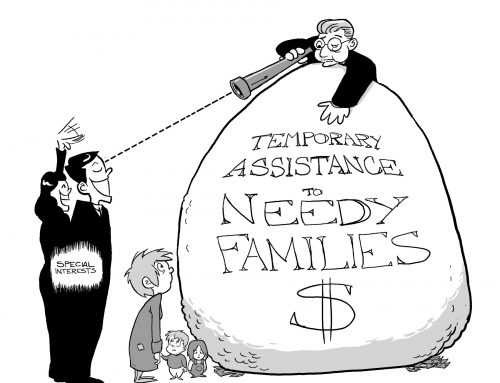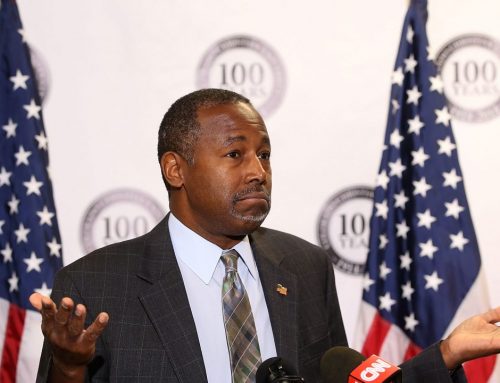This year is the twentieth anniversary of 1996’s welfare reform law. In it, President Bill Clinton gave full control for how to spend federal anti-poverty funds to state level administrators. From 1996 on, the federal government would stay out of states’ decisions on how to spend their welfare block grants. The accountability was reduced practically to zero. The idea was that state administrators would know the needs of their poor residents better than federal administrators, and would meet those needs efficiently and consistently.
It was also assumed that state administrators could be trusted with multi-million dollar, and in some states multi-billion dollar, block grants. As this article from the Bangor Daily News’ Matt Stone shows, Maine state administrators have demonstrated that they are not immune from the pressure to funnel money for poor families and kids to special interests, nor to spend funds on what is politically popular (like job training in a world of mass unemployment) instead on what people need to stay alive (income).
Prior to state control, 97 percent of poor children lived in households who received welfare cash benefits. Today, only 27 percent of poor children do. If there is any fact that is evidence that states are not spending their block grants on income support, this is it.
We share this news story out of Maine because it lends strength to our position at Basic Income Action that the only social welfare policy that can work without stigma and corruption is a direct cash transfer to an individual human being: a Universal Basic Income.





Leave A Comment